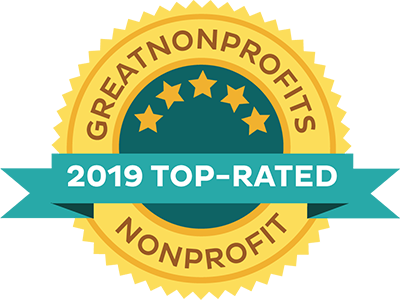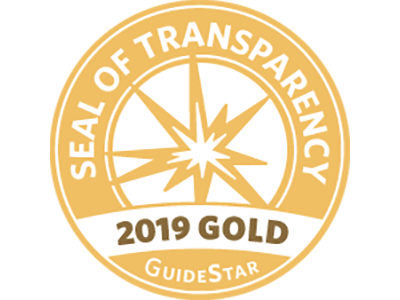We Are Mission Critical Right Now
and Urgently Need Your Help...

In 2004, we opened the doors to our Clinic in this wonderful community in Nicaragua – the second-poorest country in the Western Hemisphere.
In this storm- and drought-ravaged region, uneducated, hardworking farmers and fishermen live peacefully, but are impoverished, with few resources.
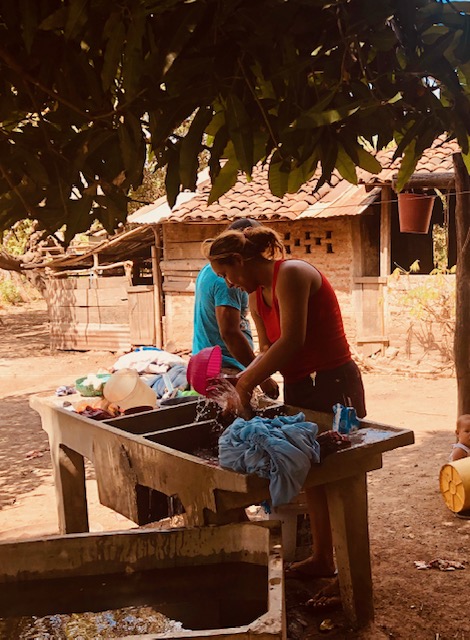
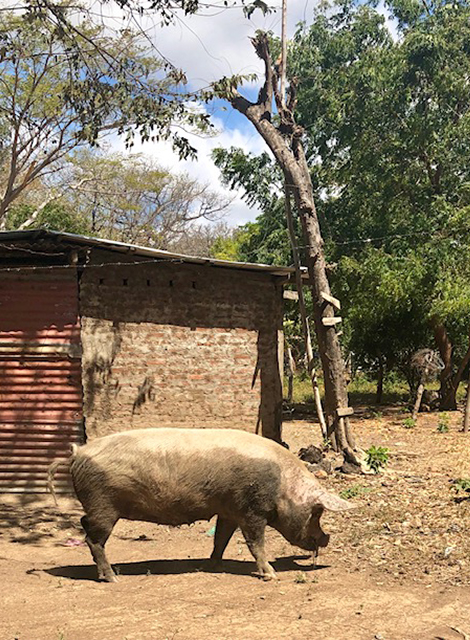
Most Nicaraguan families live on less than $2 a day, in mud-floor one- to two-room shacks, with storm-ravaged outdoor cooking areas. They often have contaminated wells and no modern septic system.
Your Roberto Clemente Health Clinic has become the emergency clinic and wellness center for the entire region. It serves thousands of families each year. The locals rely on it for their healthcare, even though it’s not part of any hospital or public healthcare system.
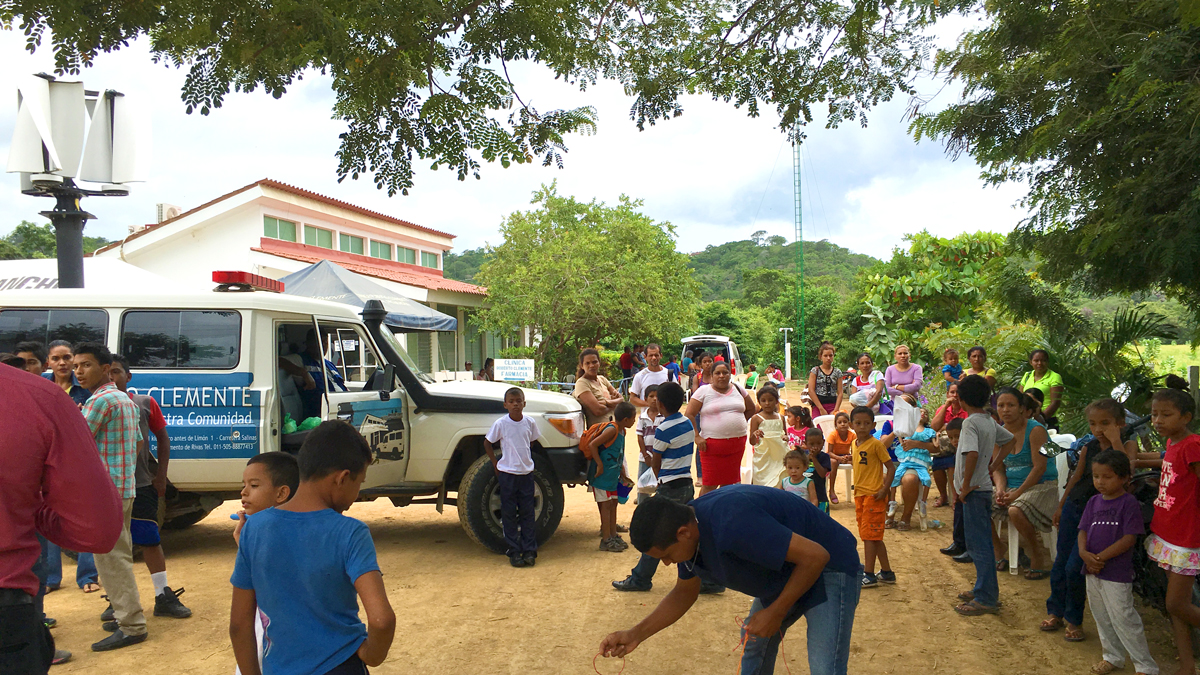
Even families living many miles away in the hills look to the Clinic. They have little means of accessing any modern healthcare services. And whenever a situation is critical, the Clinic goes to them with its off-road ambulance.
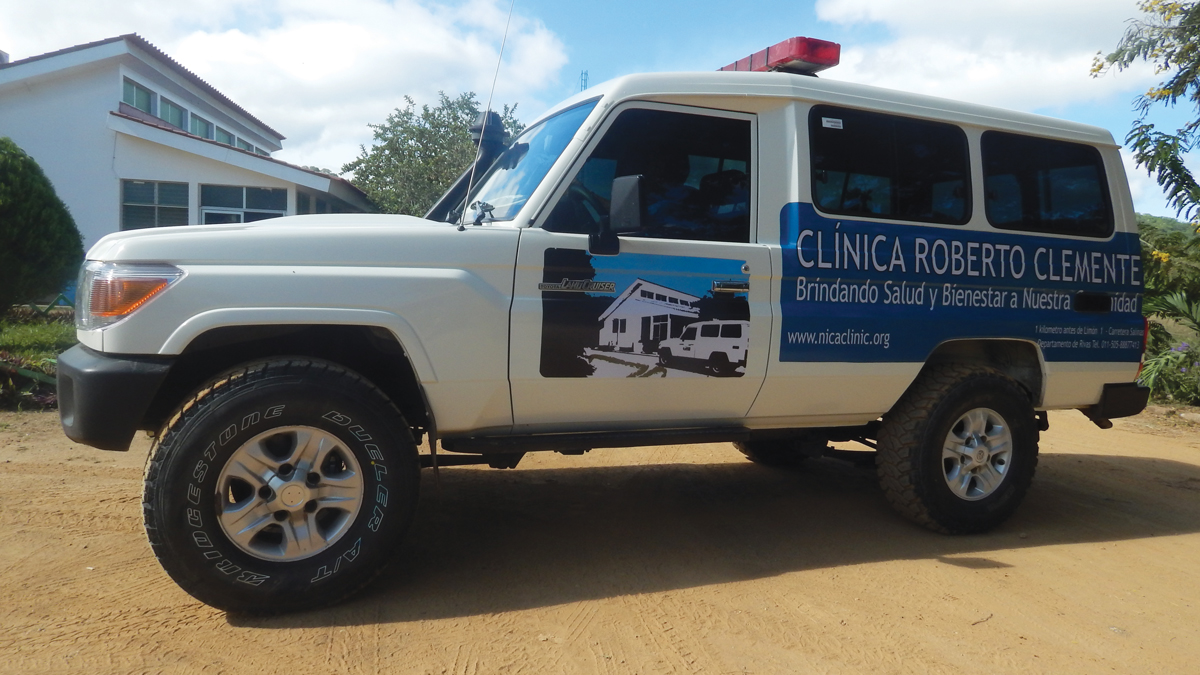
It has one of the only ambulances in the entire southwestern coastal region of Nicaragua. It offers primary care and emergency services, 24/7 medical attention, clean water, and nutritional and educational support.
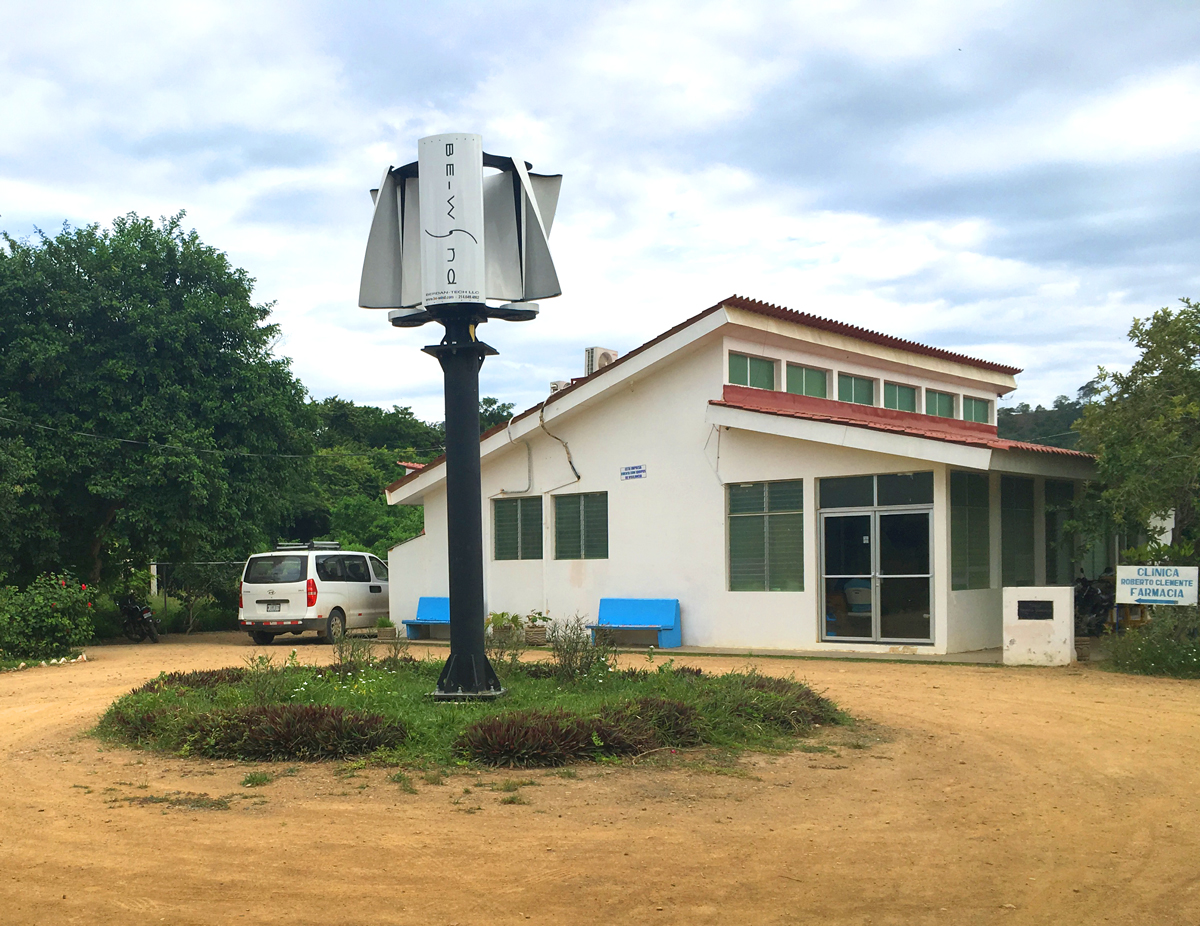
For such a relatively small facility, with a team of 27 professionals and a very small budget, the Clinic makes a huge impact on the community.
Without a doubt, connecting with this Clinic to help save and better lives in the surrounding poor Nicaraguan communities is the most rewarding investment of my life.
Please join me.
Even just a small effort goes a long way.
Read on to learn more about how you can make a huge, positive impact in the lives of others, with very little.
In recent years, our Clinic team members have become even more resourceful. Frankly, they’ve had to.

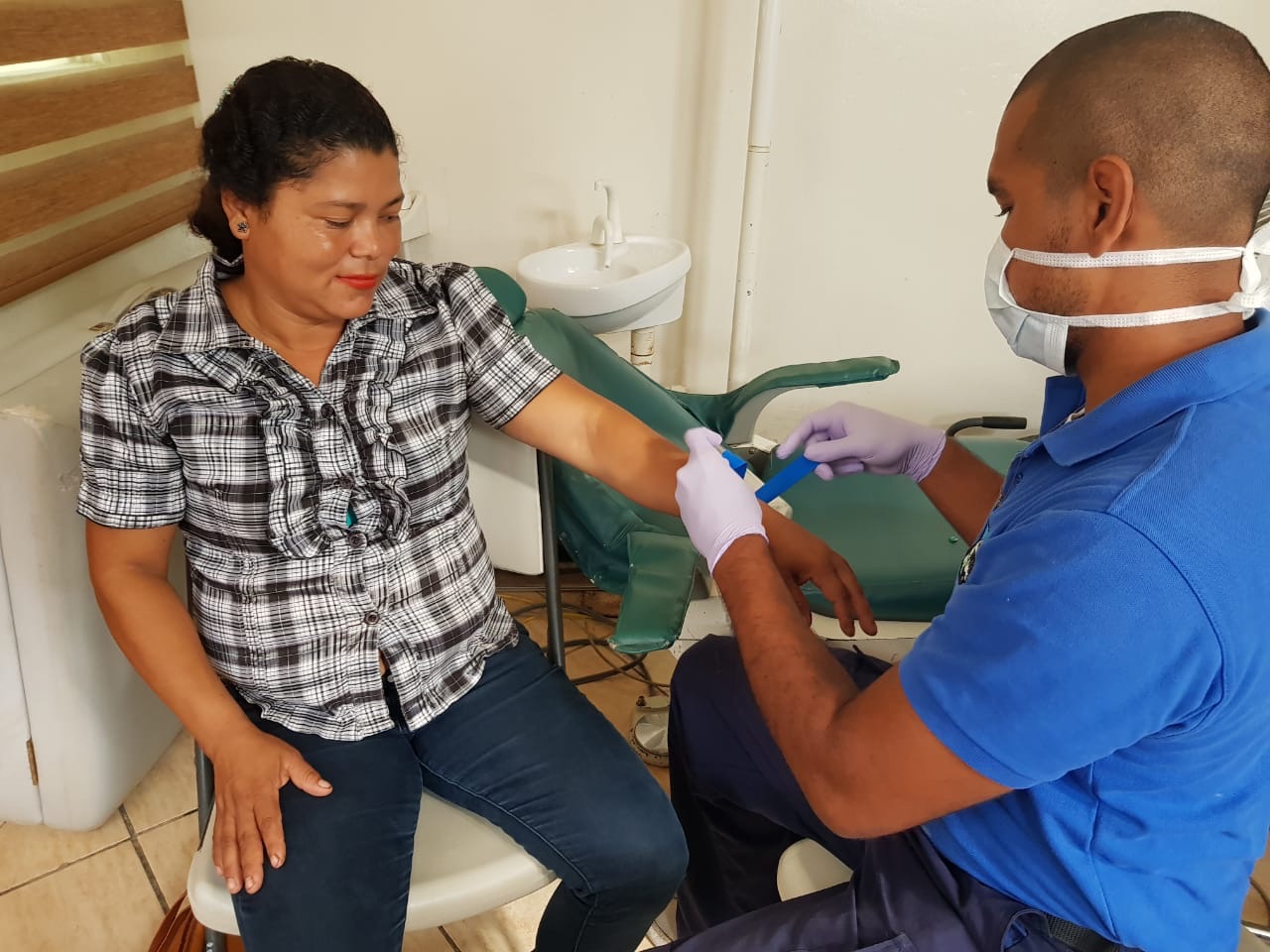
The economic downturn in Nicaragua has no end in sight.
Resources are drying up everywhere... Charitable giving is down... Supplies are not getting through customs... Record rainstorms and flooding are exacerbating the country’s need for clean water, secure shelter, nutritional foods and medicines.
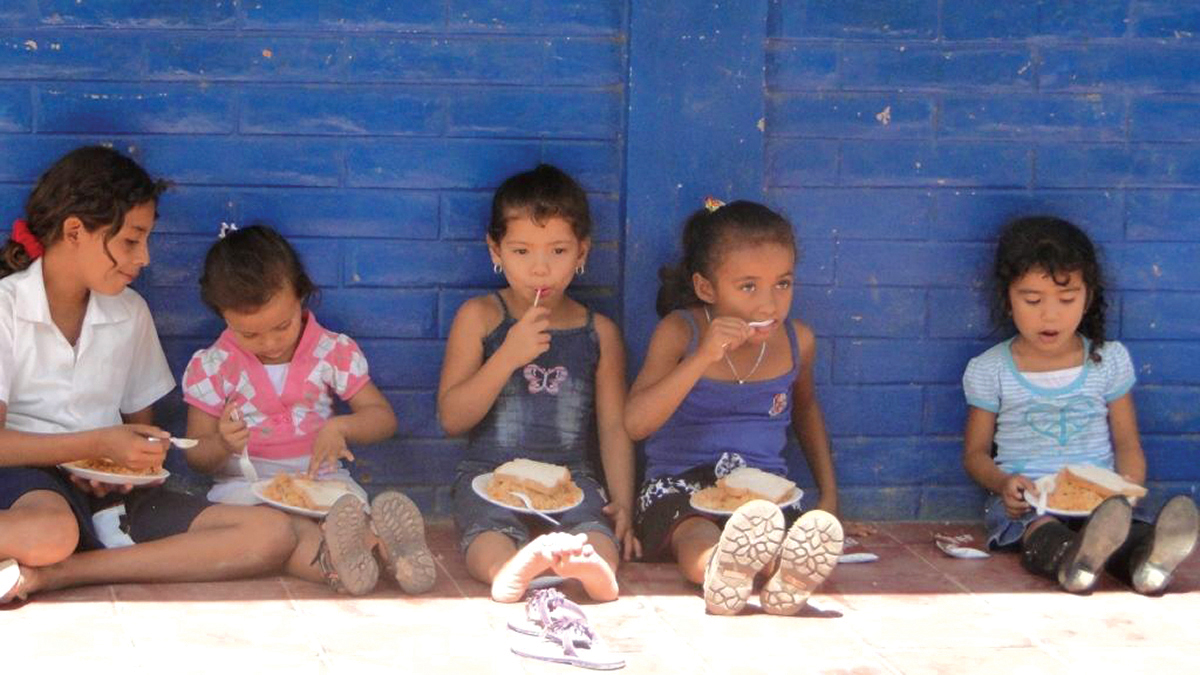
But there is hope. There is positive response. And there is one man in particular who is leading the way to help struggling families have a better life...
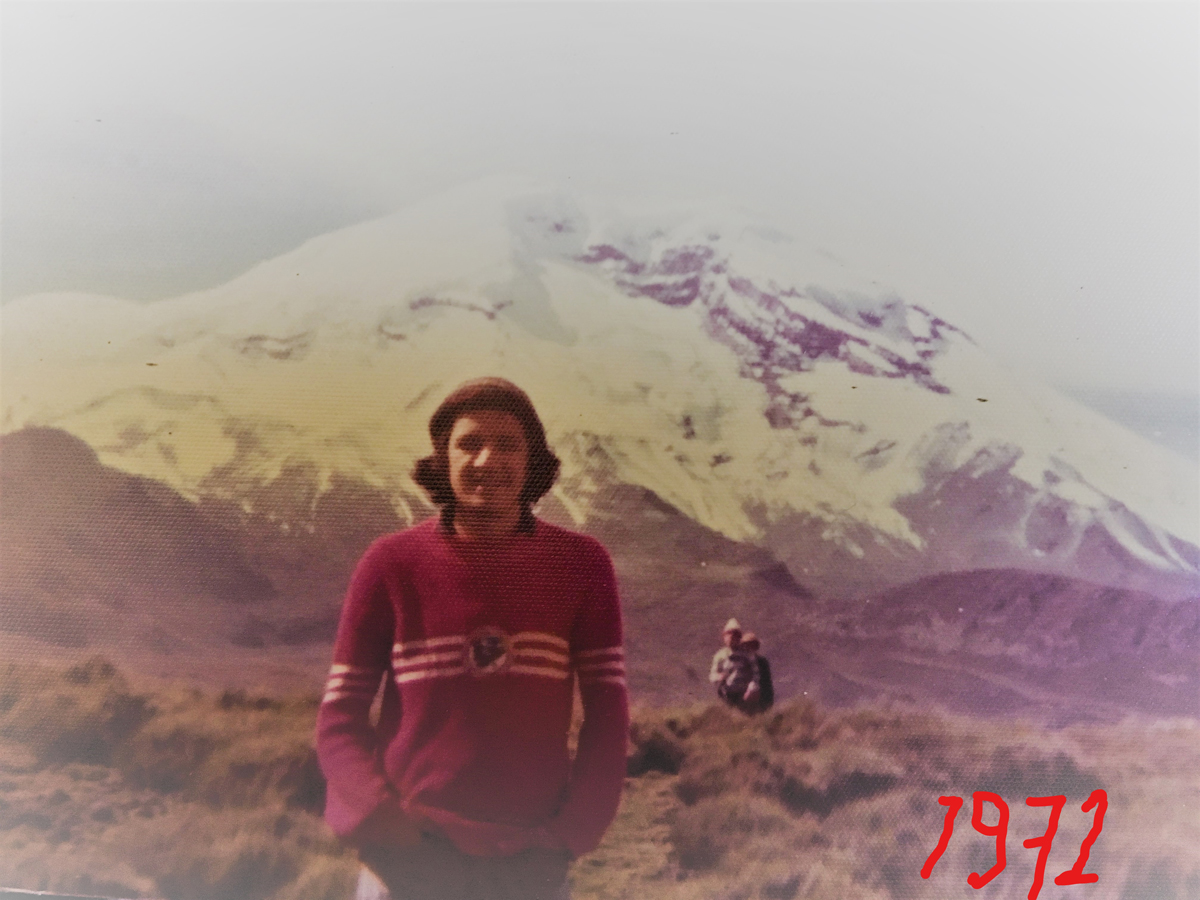
Dr. José Mosquera, 1972
There’s an “angel” in our midst...
Dr. José Mosquera leads our team and the Nicaraguan community with dedication, experience and graciousness.
I don’t use the term “angel” lightly. Dr. Mosquera would probably disagree with such a divine description. As you’ll read, he’s had to make some heartbreaking choices.
His story inspires me daily to be grateful for the things I have and to take inventory of where my “investments” – be it time, energy or money – will be most valuable.
This holiday season, I hope it will do the same for you.
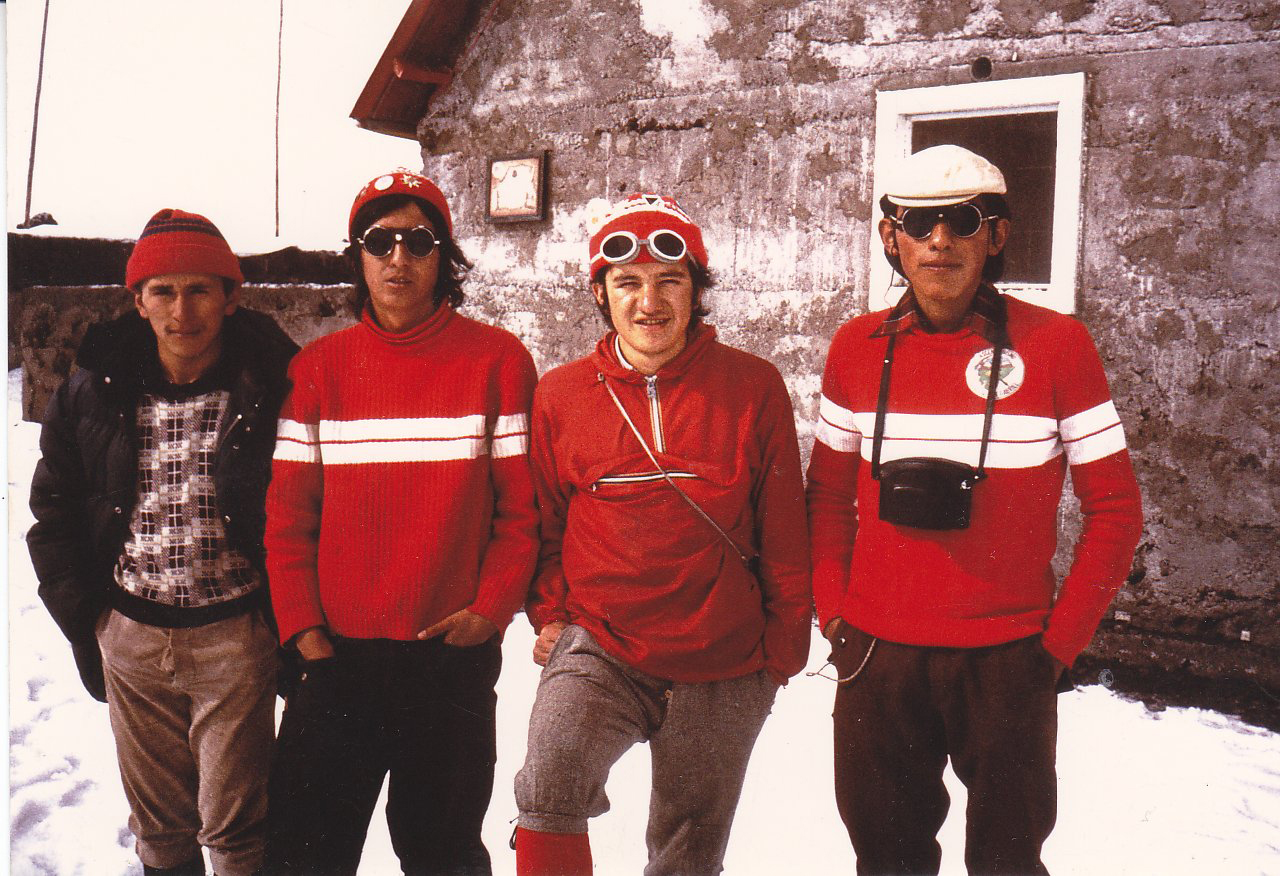
In 2015, I was sitting in a café in Alexandria, Virginia. Across from me was this middle-aged man with full dark hair and friendly dark eyes, Dr. José “Pepe” Mosquera. His face somehow reflected the strength of a Spanish warrior with the gentle demeanor of an Andean priest.
I was interviewing candidates for the position of Executive Director for the Clinic and was excited to meet someone with Dr. Mosquera’s resumé...
Dr. José Mosquera is an experienced globe-trotting internist dedicated to the development and medical support of dire regions throughout the world. He’s worked and consulted for leading global aid nonprofits like the United States Agency for International Development, the United Nations Development Program, and the Adventist Development and Relief Agency. He’s spent time in some of the most crisis-laden regions of the world: Tunisia, Sri Lanka and Colombia, among others.
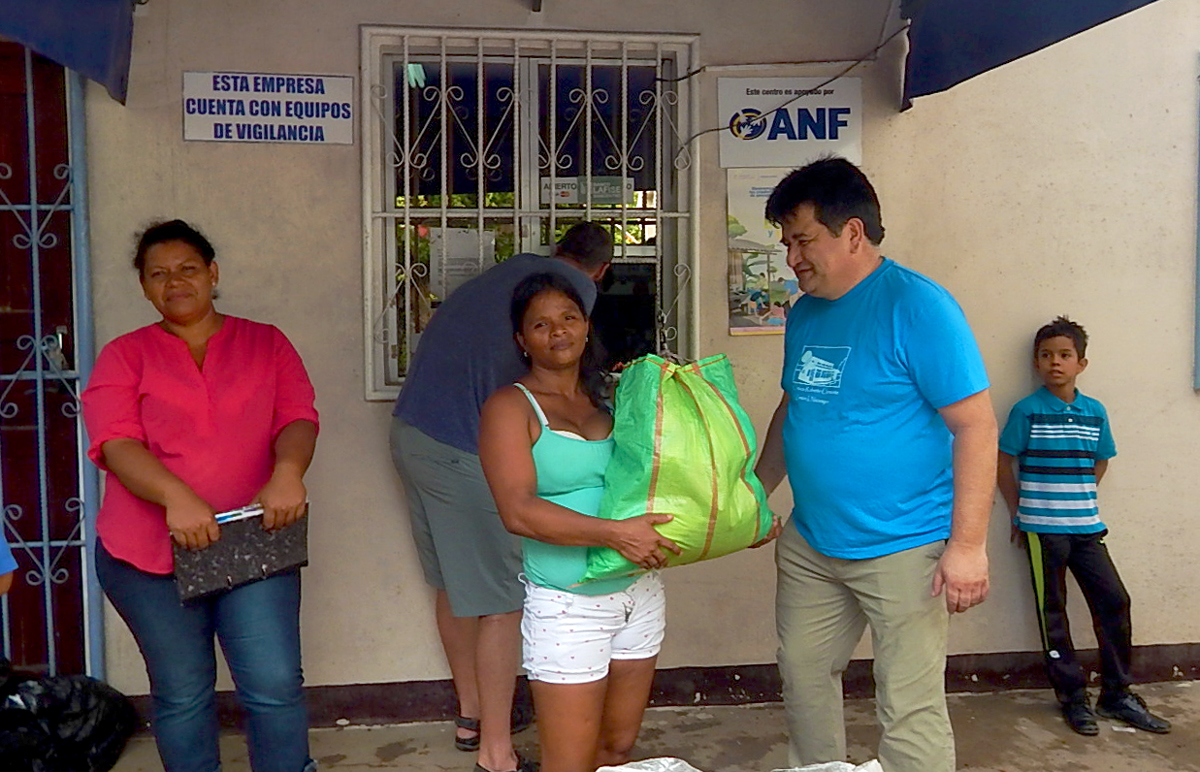
We met in Alexandria to talk about the need for an experienced Executive Director for our Roberto Clemente Health Clinic.
I was intrigued by his interest in working with our relatively small organization.
We started with typical chatter about the need for good healthcare in a poverty-stricken environment like Nicaragua.
Dr. José told me about growing up in Ecuador and his professional background. He even revealed he was once a renowned Andean mountaineer who regularly summited some of the highest peaks in the world.
Then he shared some of the unthinkable hardships he and his family had to endure transitioning to life in the United States.
What he told me that day in 2015 will stay with me forever....
Before he left the interview, I offered Dr. Mosquera the job of Executive Director for our Clinic.
From World-Class Mountaineer... to Medic for the Poor
Dr. Mosquera – then known simply as Pepe – was raised by his mom and dad in a middle-class family in Ecuador. He had two sisters and a brother. They were a conservative, devout family but open to change and opportunity.
Pepe grew up close to the Andean Mountains of Ecuador. He began climbing at a young age. When he was only 12, he reached the summit of the Rucu Pichincha at 4,800 meters high (or 15,969 feet) – equivalent to climbing Mont Blanc!
As Pepe tells it...
My father used to travel to Amazonian towns for his work with banks. When I was 9 years old, he took me on one of his trips crossing the Andes Mountains to get to the Amazon. I saw mountains up close and white as the clouds. From there, I was inspired to get closer to our mountains. I would climb them as a way of getting closer to nature and God.
By the time Pepe was 15 years old, he was guiding international teams of climbers.
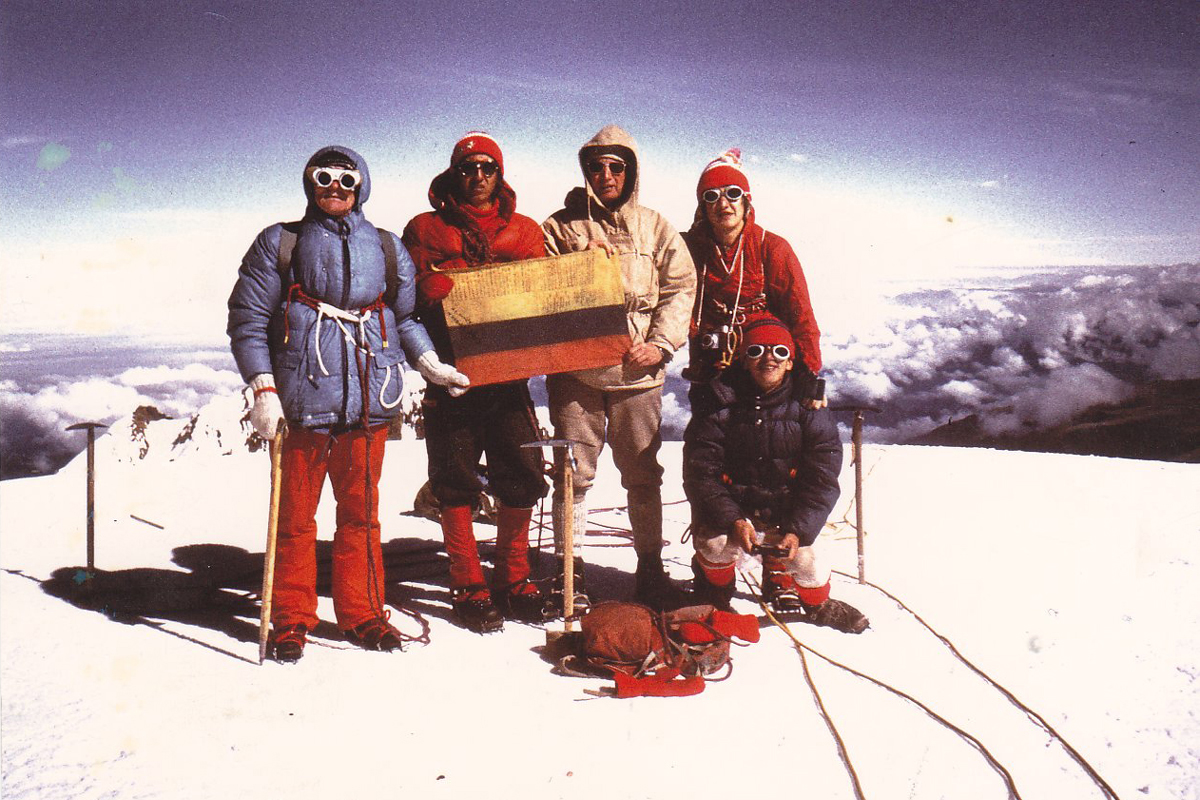
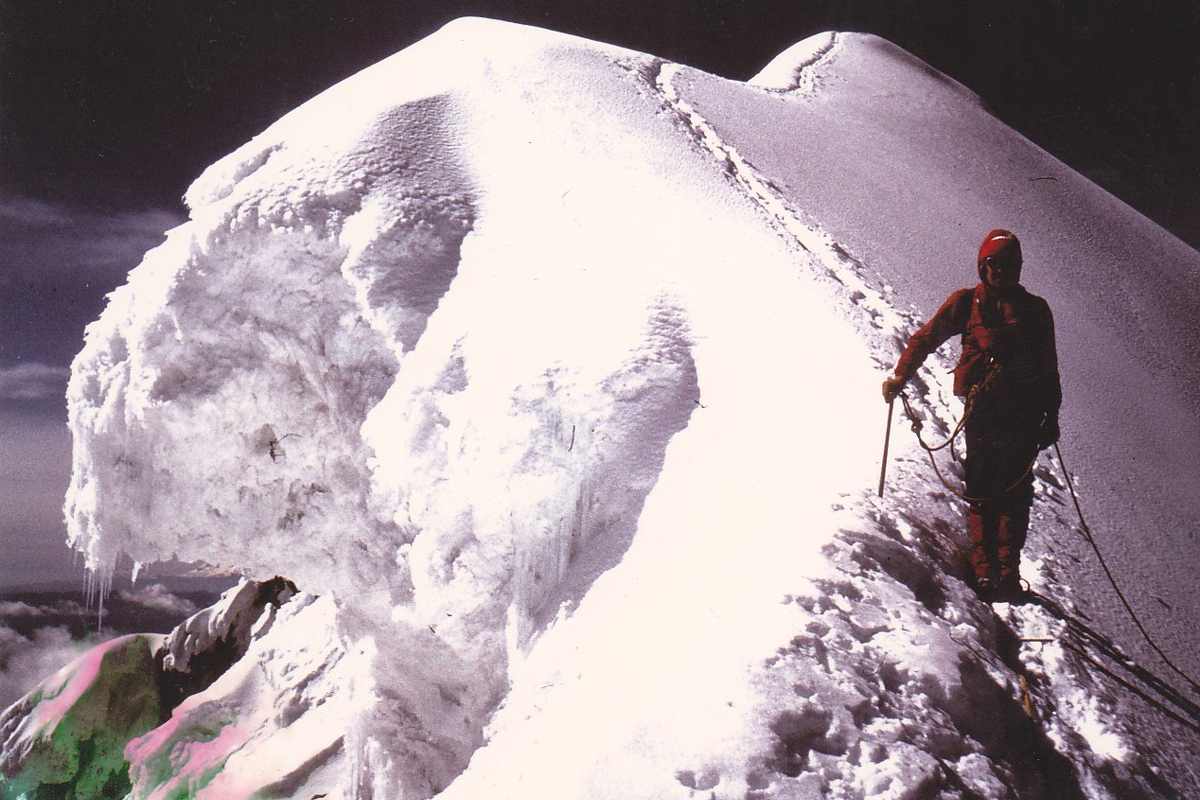
He once helped 16 German climbers (a few of them internationally renowned) reach the summits of some of the highest peaks in South America: Iliniza Sur (5,248 meters), Cotopaxi (5,987 meters) and Chimborazo (6,310 meters).
Along with his two best school friends, Pepe helped build the first major climbing lodge for Cotopaxi.
They called us the “three musketeers” because we would go help build this mountain lodge and lead climbing expeditions from there almost every weekend. This experience was like a second school for me. It taught me that to reach great goals, you need to focus on planning, perseverance, hard work, and have people you trust next to you.
The lodge, named Refugio José F. Ribas for its founder and Pepe’s mentor, opened in 1971. Dr. Mosquera proudly remarked how this lodge transformed climbing and tourism in Ecuador. Cotopaxi soon became one of the most visited mountains by climbers around the world.

In becoming a professional mountaineer so young, Dr. Mosquera developed not only teamwork skills, but also a deep spirituality and a respect for nature and the fragility of human life...
During one of Pepe’s climbing trips, an avalanche struck his climbing group. He managed to escape it and sent for the rescue team, even joining the team in the search...
But they were too late. Three of his friends lost their lives.
This tragedy fueled Dr. Mosquera’s interest in becoming a doctor. Although he could not help his friends, he was determined to help others...
With a single donation of only $85, one patient in need can be treated and stabilized in our Clinic and, if necessary, be transported to the nearest hospital by our 24/7 ambulance service.
The First Family Medical Emergency
Dr. Mosquera calls his wife, Lina Maria, of 37 years his best friend. They met during his third year at the Central University of Ecuador in Quito. When Dr. Mosquera and Lina were young adults in Ecuador studying medicine, there was a public hospital close to the university where they would volunteer.
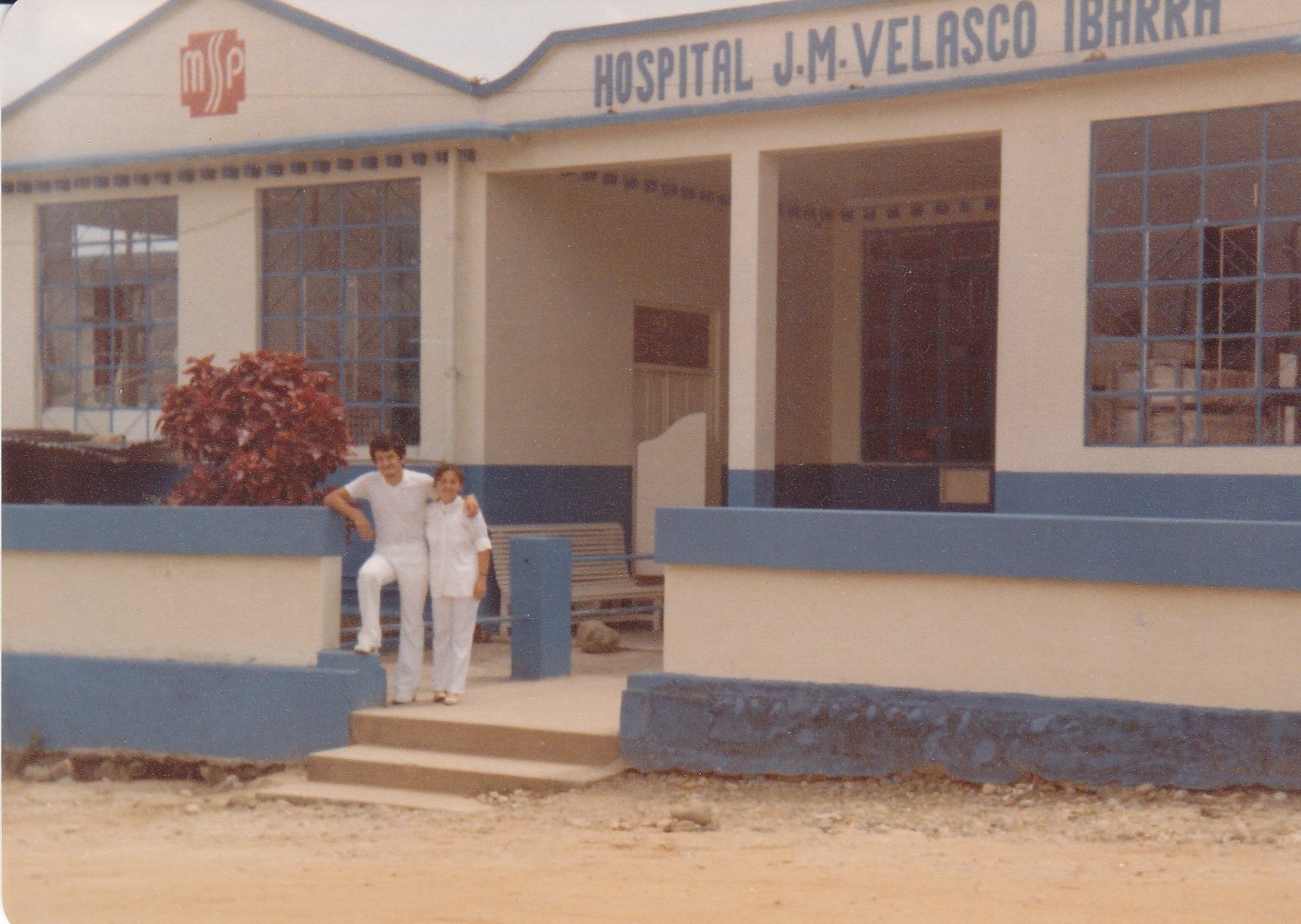
He recalls that he was inspired by Lina’s desire to pursue a career in medicine – not to make a lot of money, but to help local citizens have access to good healthcare.
The first year after graduation, before they moved to work in rural areas, they got married.
Soon after, Lina got pregnant with their first child.
José Gabriel was born in 1983. He was diagnosed with Type 1 diabetes when he was only 14 months old.
Back then, finding insulin in Ecuador was very difficult and most people didn’t understand the disease.
Many institutions, including schools, considered diabetes not just a liability, but a bad stigma.
Around Christmas 1983, baby José Gabriel went into a diabetic coma. At the hospital in Quito, he was pronounced brain dead.
Lina and Pepe were beside themselves. In desperation, they flew José Gabriel all the way to the National Institutes of Health in Washington, D.C.
Then, a miracle happened...
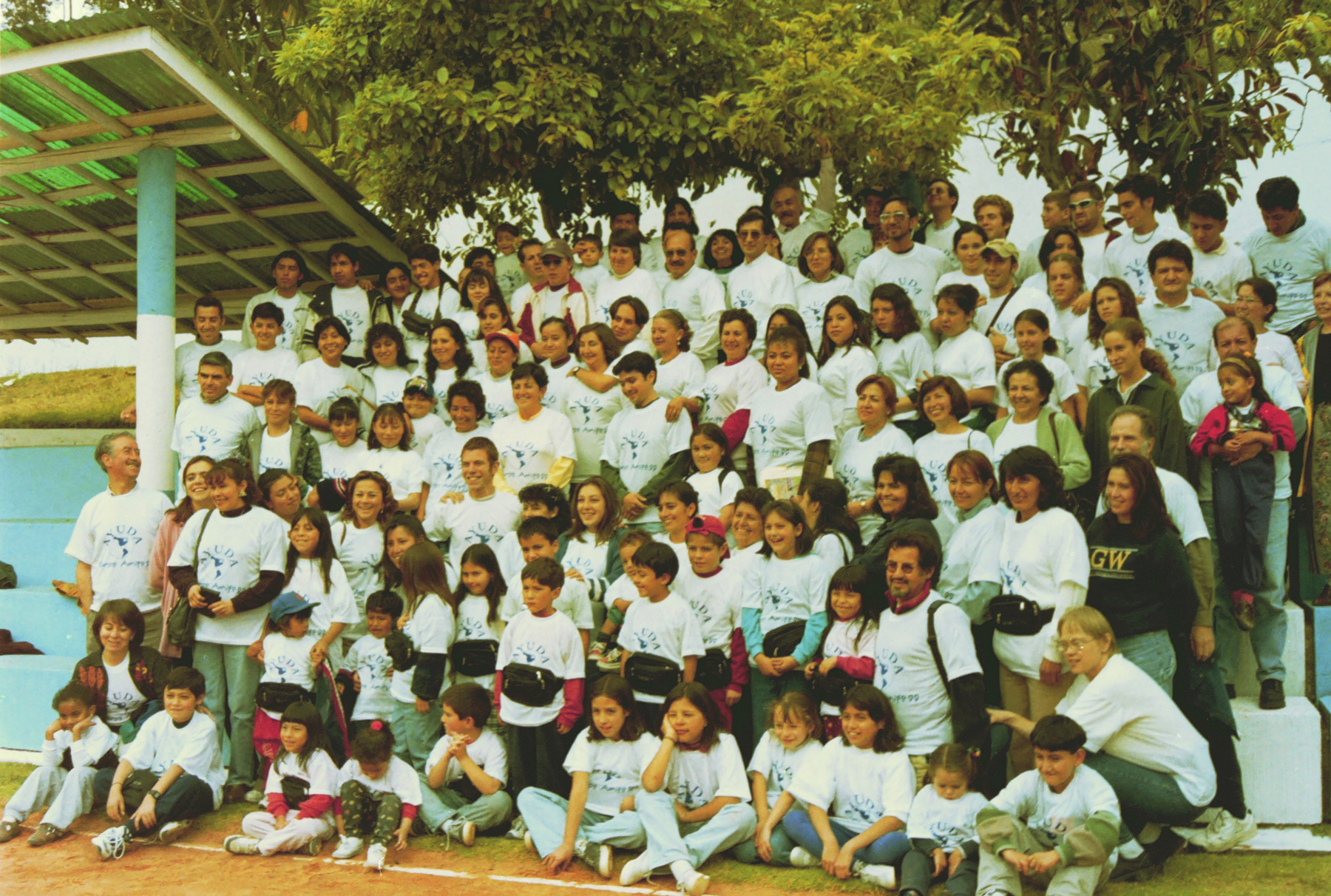
After 17 days in a coma, with his parents by his side, baby José Gabriel woke up.
Shortly after this scare, Dr. Mosquera founded an organization in Ecuador called AYUDA (American Youth Understanding Diabetes Abroad) to support children with diabetes and to educate and raise awareness about the disease.
The entire Mosquera family was involved with AYUDA, helping to create a national network of people who would support the organization’s mission.
Your donation of $100 can give one Nicaraguan with diabetes access to our Diabetes Club for education, nutrition counseling, blood sugar tests, glycosylated hemoglobin tests and follow-up treatment for one year. A $100 donation can also help with the biannual deworming of 500 school-age children.
Professional Success
in Ecuador ...
Turns to Terror
In addition to his medical practice and AYUDA, Dr. Mosquera worked for the National Institute for Children and Family (INNFA) for 11 years.
Today, INNFA is still one of the biggest nongovernmental organizations in Ecuador and Latin America.
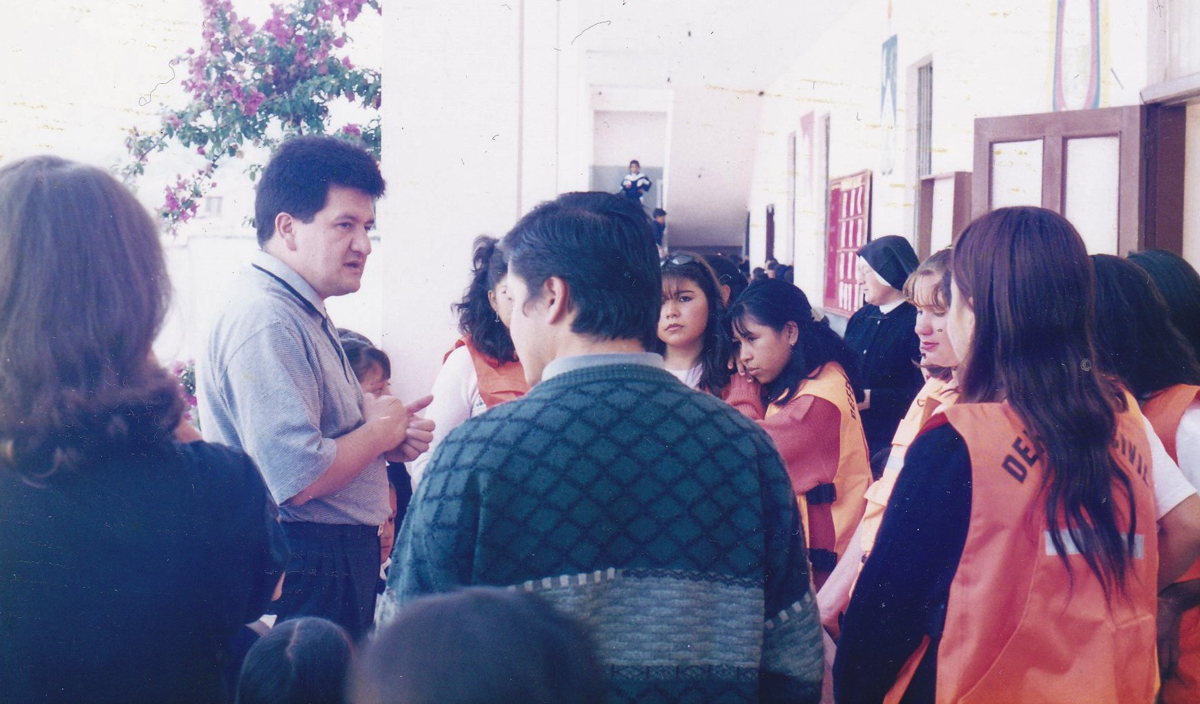
Dr. Mosquera also created the largest network of volunteers in Ecuador. In 2000, the International Year of Volunteers, the president of Ecuador chose him to lead initiatives for volunteer programs across the country.
He developed a Volunteer Law that was approved by Congress. The law helped to ensure organizational development for volunteers, along with checks and balances.
The former mountaineering guide also helped develop several other landmark projects in his country, including supporting children whose parents were in jail and improving the quality of services for rehabilitation of people with disabilities. He also developed a project to support the blind to be able to secure meaningful work.
All this success was against a background of uncertainty and insecurity in his home country. Ecuador had 11 presidents in a period of 10 years. The economy was in shambles. Crime was spiking.
Dr. Mosquera and his wife increasingly found themselves looking over their shoulders.
At this point, Pepe and Lina had three teenage sons: José Gabriel, Luis Felipe and Ignacio.
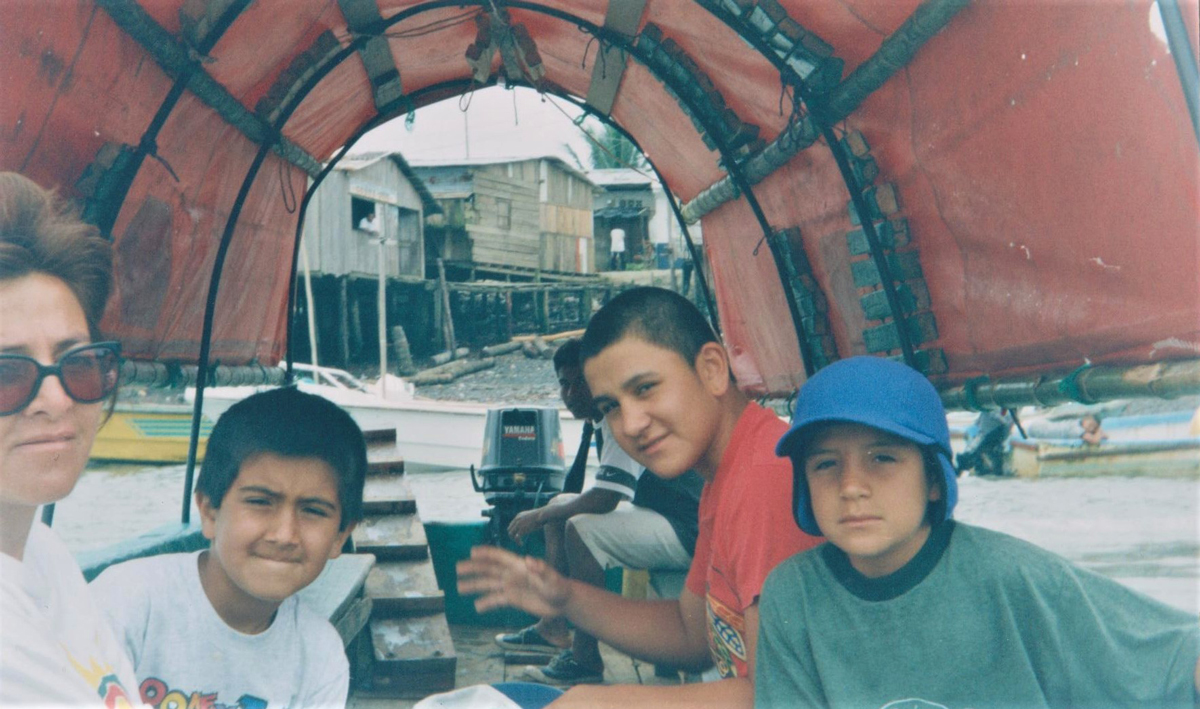
Over the course of several months, all three sons suffered multiple armed robberies and assaults.
They decided it was time to leave Ecuador for good.
During the two-year-long emigration process to the U.S., Lina had to stay behind with the boys in Ecuador.
In 2004, Lina and the boys at last rejoined Pepe and emigrated to Fairfax, Virginia.
Your donation of $200 can provide 20 poor Nicaraguan families with access to clean drinking water, helping them avoid problems commonly caused by contaminated wells: diarrhea, birth defects, cancer, typhoid and cholera.
The Mosquera Boys Shine in the U.S....
But Then the Unthinkable Happens
Dr. Mosquera recounted to me how proud he is of his family. Lina sacrificed her respected medical professional position. Her Ecuadorian medical certification didn’t translate in the U.S. She took a job at Kohl’s.
All three boys immediately enrolled in U.S. schools and thrived. José Gabriel attended university. Luis Felipe and Ignacio got into honors and Advanced Placement classes at their high school.
Listening to Dr. Mosquera tell how this family helped each other survive had a profound effect on me. One time, while his parents were away back in Ecuador, José Gabriel went into another diabetic coma. Dr. Mosquera had to give his very young son Ignacio instructions over the phone as to what to do. At only 5 years old, Ignacio – without hesitation – plunged the lifesaving insulin needle into his brother’s leg, saving José’s life.
Another time, José won a highly competitive global art competition. The prize was a trekking tour organized by the king of Spain. José would get to travel to Spain, the United States and Mexico for two months with creative children from around the world for free. Once the organization became aware of his diabetes, it changed its mind. The organization declined the award and his participation in the tour.
José and his parents were devastated. Dr. Mosquera called the director of the program, offering to waive any responsibilities to the sponsor. He explained to them how, with just a little know-how, diabetes is not a dangerous condition. Dr. Mosquera succeeded, and José ended up on the tour like any other student. At the end, the tour organizers not only gave José a special award for being an inspiring example to the other attendees, but also sent a note of apology to his parents.
Dr. Mosquera also beamed about his middle son, Luis Felipe. He was a brilliant individual and graduated with honors from Fairfax High School. He loved physics, math and English. When he finished high school, he applied for many colleges and was accepted to all of them. He went to Haverford College in Pennsylvania, where he received a full scholarship.
But then, the unthinkable happened. After six years living in the U.S., Felipe suddenly became sick.
Dr. Mosquera calmly explained...
“At 21 years old, Luis Felipe was diagnosed with aggressive leukemia A.”
Felipe fought the disease for three years. Dr. Mosquera told me how bravely his son received two transplants at the University of Maryland Medical Center in Baltimore... how he and his family traveled back and forth to Baltimore during this time to get Luis Felipe treatment, traveling relatively close to our Club headquarters...
How his son Ignacio again reached out to help a brother in crisis, this time by donating his stem cells to try and save Felipe.
But in spite of the hospital’s and family’s best efforts, Luis Felipe passed away on June 8, 2011. He was only 24 years old.
A $350 donation ensures regular monthly delivery of a nutritional vegetarian food pack to a family in need. Or your $350 can be used toward transportation and medical care for special needs children who must travel to specialists.
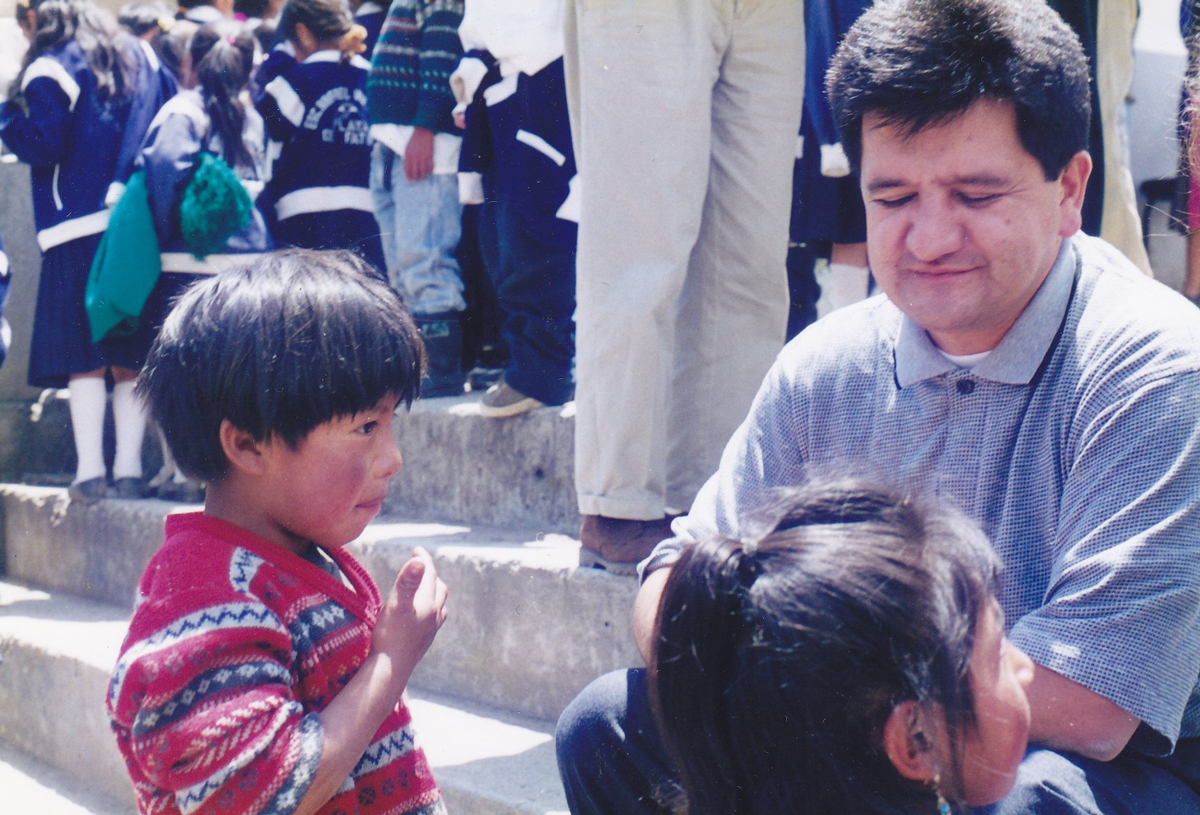
Yet somehow, the man who sat across from me that day in Alexandria was anything but bitter.
In fact, despite all that was taken from him, all he wanted to do was give more – thankfully, his focus is on our little Clinic in remote Nicaragua.
Since Dr. Mosquera joined the Clinic in 2015, he’s inspired me to remain gracious, even in the most difficult times.
Today, the doctor and his son Ignacio work tirelessly every day to help The Roberto Clemente Health Clinic team get the guidance, training and resources it needs for our mission. The Mosquera family’s mission is our Clinic’s mission, as it was the mission of the late Roberto Clemente:
- To give back from our positions of strength...
- To help those who are feeling weak...
- To elevate the well-being of the very poor, particularly in this beloved Nicaragua region.
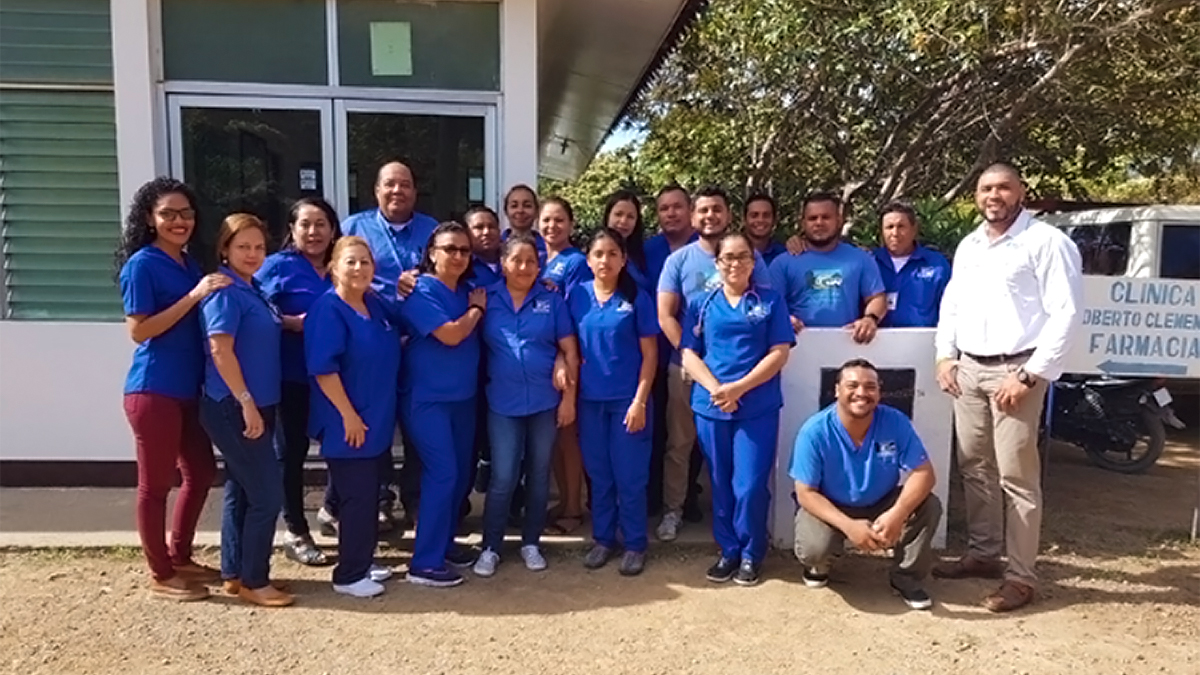
The doctor’s leadership and oversight are critical to our success.
For decades, opportunities had been increasing for local Nicaraguans to learn new skills for education, health, tourism, construction, management, entrepreneurship and more.
Yet the crisis that began in 2018 has steadily been undoing the great progress this region had made.
Your donation of $500 can give five malnourished Nicaraguan families the opportunity to start their own organic gardens, with supplies, seeds and ongoing training.
I have been moved by the dedication of Dr. Mosquera and our Clinic team. Even though many of their own families are struggling with layoffs and limited resources, our staff continues to work hard every day to provide vital services to the community.
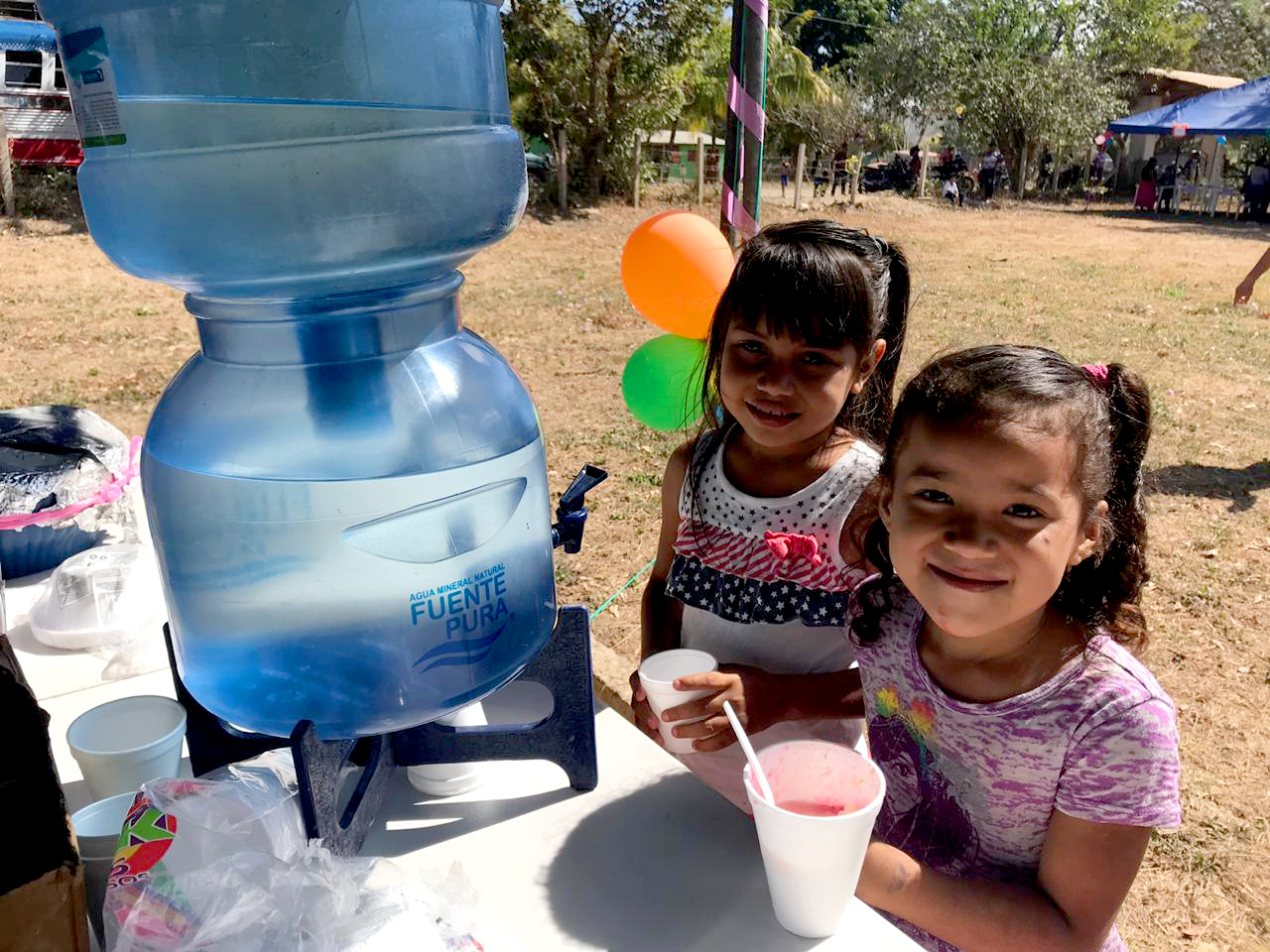
The Clinic is 100% donor-supported. And right now, Dr. Mosquera and the Clinic need your help to maintain its critical medical and pharmaceutical services for the region and stay open 24/7.
Please consider joining me to support Dr. José Mosquera, Ignacio Mosquera and The Roberto Clemente Health Clinic. Any amount you give will support his mission to have the Clinic survive and thrive for the community, despite the current crises. Your donation will go a very long way, as you’ll see when you click on this link or the donation link below.
Your donation of $600 can provide a Nicaraguan student educational support for an entire year, including school uniforms, books, a backpack, school supplies, a medical physical, some medications, vaccines and nutritional support.
And the best part is, donations made between now and December 31, 2019, will be matched by The Oxford Club LLC. That means your contribution will have double the impact when you donate today!
Or vist our website at www.nicaclinic.org to learn more about our Clinic programs and recent news.
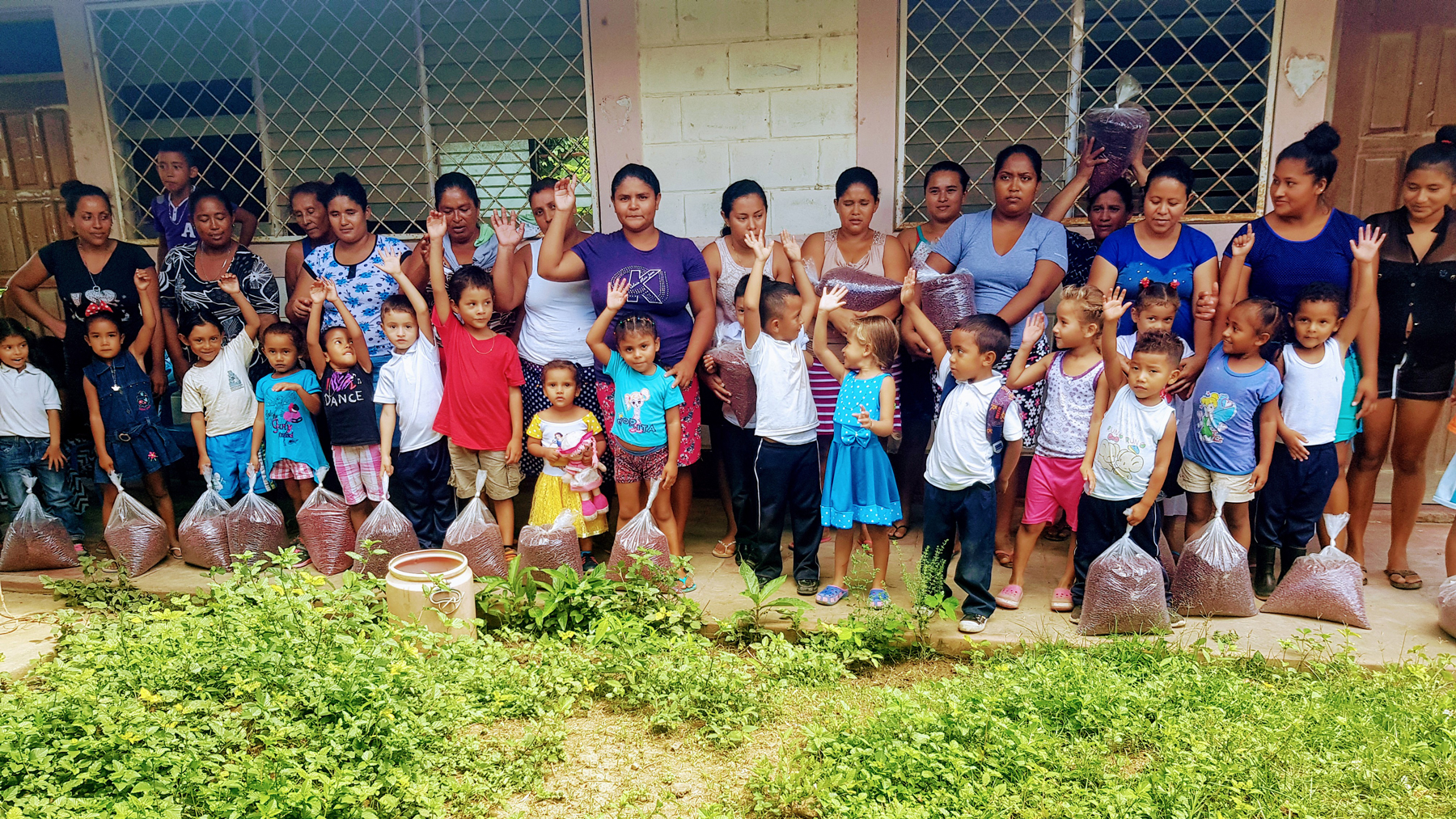
On behalf of myself, Dr. Mosquera, his family and our Clinic team – thank you.
Your support of the Mosquera family’s work on behalf of The Roberto Clemente Health Clinic could be one of the most rewarding investments of your life, as it has been in mine.
Thank you,

Julia C. Guth
Chair of the Board, The Roberto Clemente Health Clinic
410.223.2630
jguth@nicaclinic.org
